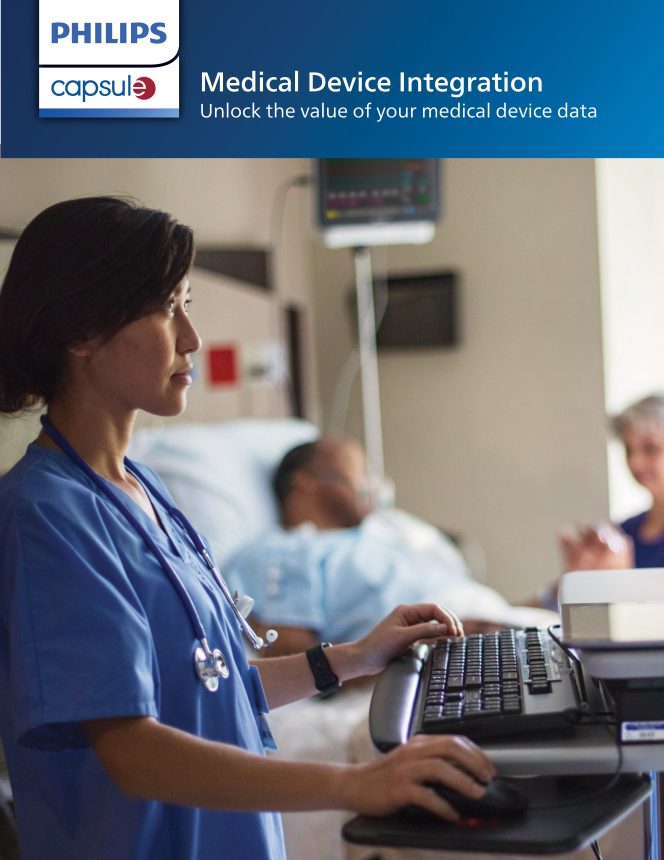Nurses are always in demand at hospitals and health systems, but the recent surge of COVID-19 cases in the U.S. has prompted an unprecedented shortage with dire predictions. According to results of a September survey of more than 6,000 acute and critical care nurses from the American Association of Critical-Care Nurses:
- 92% of nurses surveyed said they believe the pandemic has depleted nurses at their hospitals and, as a result, their careers will be shorter than they intended
- 66% feel their experiences during the pandemic have caused them to consider leaving nursing
- 76% say that people who have yet to be vaccinated threaten nurses’ physical and mental well-being
- 67% believe taking care of patients with COVID-19 puts their own families’ health at risk
Staffing shortages can translate to higher patient-to-staff ratios, which in turn can lead to issues with patient safety. Research shows that higher patient-to-staff ratios are also associated with clinician burnout and tied to lower patient satisfaction.
Returning the Focus to the Patient
To ease nurse burden and protect patients, hospitals are networking bedside devices and automatically collecting that data instead of relying on time-consuming manual data entry. This device data is collected in near-real-time and shared with downstream systems such as the electronic health record (EHR) as well as research databases. By combining device and other clinical data, hospitals can then aggregate and analyze the information to deliver greater context to nurses at the bedside.
Greater context can give clinicians, at or away from the bedside, a more holistic and timely perspective into the patient’s status and trajectory, which can inform effective decisions also increase the speed of interventions. Broader insight into patient status could help improve clinician experience because it alleviates the need to search for as much additional information and enables providers to synthesize the data quickly. Time-saving tools like this are especially advantageous in non-critical departments, where nurses are required to monitor more patients and vitals are not continuously tracked like in intensive care units.
Facilitating Collaboration
Automatically collecting vital signs and other data from bedside devices for sharing with the EHR and other systems ensures data accuracy and can inform the interdisciplinary care team faster than manual data entry and distribution. This means if a nurse or other clinician needs to consult another provider who is not in the same location, the other clinician can access the same relevant and timely data on their screen instead of asking the provider at the bedside to read the information over the phone. Improving communication and collaboration in this way can help expedite care, but also enhance the experience for the care team by informing their discussion of options, potential outcomes and plans faster and easier.
Moreover, a centralized workstation that delivers this holistic insight remotely could reduce unnecessary visits to patient rooms, which can decrease clinician burden and improve their experience. A centralized workstation can also decrease alert fatigue by delivering patient data to inform the clinicians about the potential cause for the alert. Many alerts do not require an in-person response from the nurse. Reducing unnecessary patient room visits can save minutes per day, which adds up to hours per month and days per year.
Automatic data collection can support safety even when the patient is not in her room. During patient transport, for example, automated data collection enables nurses and other clinicians to focus on the patient, who could be at a higher risk of a sudden adverse event. During such an incident, nurses are more concerned with saving their patients instead of data entry. Collecting that data for post-event analysis, however, is crucial and can help prevent such incidents on future transports.
How Capsule Can Help
Medical device integration (MDI) solutions from Philips Capsule can deliver the data and insight at and away from the bedside to support patient monitoring in all clinical environments. More than 1,000 different medical devices can be integrated with Philips Capsule’s MDI solutions, which means clinicians will have a complete view of their patients without time-consuming data entry and management. With timely data at their fingertips, care teams can communicate and collaborate harmoniously to realize optimal outcomes for their patients.
RELATED READING: Expand Medical Device Integration to Drive Operational, Clinical and Safety Benefits
About the author
Cathleen Olguin, MBA, BSN, RN, CNOR is senior clinical solutions executive at Philips Capsule.
Learn how Philips Capsule’s MDI solutions support patient care and enhance clinician experience.
Download